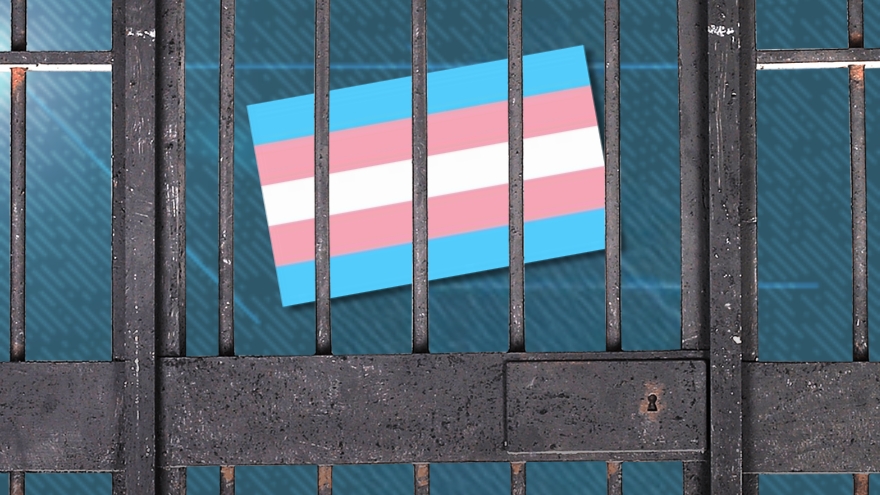Within the Wisconsin prison system, over half of male inmates who identify as transgender women have been convicted of sexual assault or sexual abuse, according data from the Wisconsin Department of Corrections.
A majority of the crimes were committed against children, the data show.
The information was obtained by The Heritage Foundation’s Oversight Project through a public records request, as issues surrounding transgenderism and biological men invading women’s spaces face numerous legal challenges throughout the U.S.
Over half of the transgender "women" in Wisconsin prisons have been convicted of Sex Crimes. Disgusting!
Doesn't exactly fit the narrative… pic.twitter.com/Hr2olQAH1L
— Oversight Project (@OversightPR) August 24, 2023
Wisconsin transgender inmates convicted of sex crimes were found guilty of the following crimes, among others:
- Sexual Assault of a Child
- Repeated Sexual Assault of a Child
- Trafficking of a Child
- Sexual Exploitation of a Child
- Cause Child to View Sexual Act
- Incest With a Child
- Child Enticement – Prostitution
- Sexual Assault of a Child in Substitute Care
- Bestiality – Engage in Sexual Contact With an Animal
“Men belong with men and men only in prison,” said Mike Howell, director of the Oversight Project. “Putting sex offender men claiming to be women in cells with women is another reason the world laughs at America’s moral decline. Prison is for punishment, not degenerate sexual behavior.”
The Wisconsin DOC refused to disclose whether it holds biological males in female prisons.
Within the state, advocates for incarcerated transgender rights have been handed multiple wins through the courts.
In 2020, a federal court ordered the state to provide gender transition medical procedures for transgender individuals.
U.S. District Judge James Patterson ordered the state to provide gender transition surgery to Nicole Campbell, who was born a biological male named Mark Campbell, who was serving a 34-year sentence for sexual assault of a child.
“The rights of transgender persons and sex reassignment surgery remain politically controversial, even outside the prison context,” Patterson wrote. “And some members of the public are outraged at any effort to improve the health and well being of inmates. But the true public interest lies in alleviating needless suffering by those who are dependent on the government for their care.”
